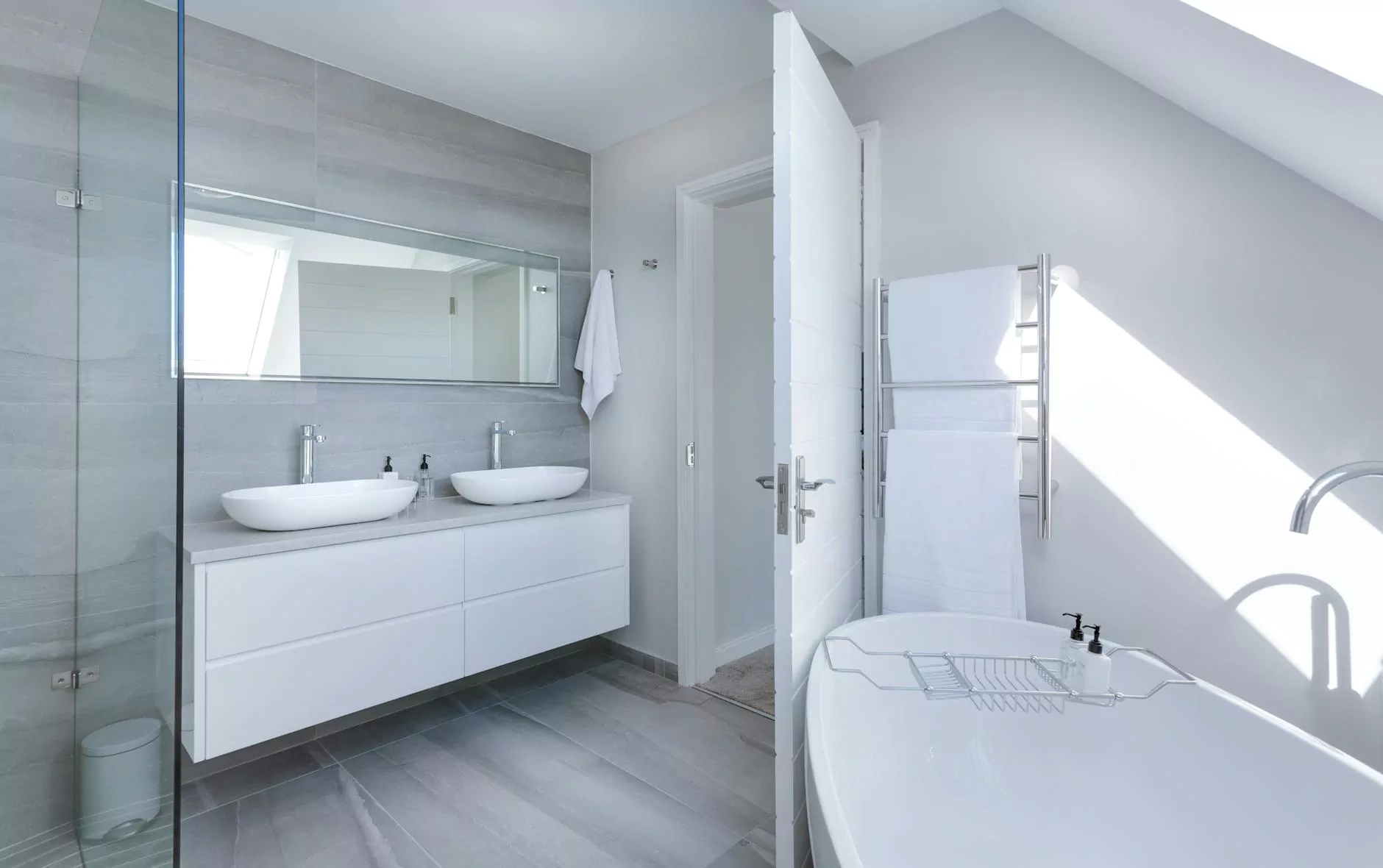Understanding LTL Quotes and Their Role in Effective Business Logistics

In the fast-paced world of business logistics, every decision counts. One aspect that plays a pivotal role in the efficiency and cost-effectiveness of shipping is the less-than-truckload (LTL) freight system. For companies looking to optimize shipping costs while ensuring timely deliveries, obtaining an ltl quote is essential. This article will delve deep into the intricacies of LTL shipping, its benefits, and how it interconnects with business consulting and vehicle shipping, particularly through platforms like freightrate.com.
What is LTL Shipping?
Less-than-truckload (LTL) shipping is a common freight shipping method that consolidates shipments from multiple clients into one truck. This allows businesses to share the transport costs and maximize space within the truck.
- Cost-Effectiveness: Sharing cargo space significantly reduces shipping costs.
- Flexibility: Ideal for businesses that do not have enough goods to fill an entire truck.
- Environmental Benefits: Reduces the number of trucks on the road, consequently lowering emissions.
The Importance of Obtaining an LTL Quote
When engaging in LTL shipping, obtaining a detailed ltl quote is among the first steps. Not only does this quote provide an estimate of shipping costs, but it also helps in planning logistics effectively.
An ltl quote typically includes:
- The weight and dimensions of the shipment.
- The distance between the pickup and delivery locations.
- The type of goods being shipped.
- Transportation mode preferences.
- Any additional services required, such as liftgate service or inside delivery.
How LTL Shipping Works
The process of LTL shipping can be broken down into several key steps:
- Request an LTL Quote: Use a reliable service like freightrate.com to get instant quotes.
- Prepare Your Shipment: Ensure your goods are correctly packaged and labeled.
- Schedule Pickup: Arrange for the carrier to pick up your shipment at your location.
- Tracking Your Shipment: Utilize tracking tools provided by your logistics partner for real-time updates.
- Delivery: Once the shipment reaches its destination, it is delivered to the specified location.
Benefits of Using an LTL Shipping Service
Business owners must consider utilizing LTL shipping services for a variety of reasons:
1. Cost Savings
With LTL, businesses only pay for the portion of the truck they occupy, making it an economical choice for smaller shipments.
2. Shipping Efficiency
By consolidating multiple shipments, LTL carriers can streamline delivery routes, which increases efficiency and speeds up transit times.
3. Accessibility to Different Markets
LTL shipping often provides access to remote areas that may not be serviced by full truckload (FTL) shipping, enabling businesses to reach a wider customer base.
Choosing the Right Shipping Center
Selecting a reputable shipping center is crucial for the success of your logistics. Factors to consider include:
- Location: A well-placed shipping center can minimize lead times.
- Services Offered: Ensure they provide all the services you need, including LTL shipping, FTL shipping, and specialized cargo services.
- Customer Service: Strong customer support can make a huge difference in logistics management.
Business Consulting for Optimal Shipping Solutions
Effective business consulting can drastically improve your shipping strategies. A consultant can help your company:
- Analyze Shipping Needs: Understand your business requirements and how LTL fits into your overall logistics.
- Cost Optimization: Discover ways to save money through strategic partnerships and choosing the right carriers.
- Implement Technology: Use advanced software to manage logistics more efficiently.
Vehicle Shipping: A Special Case of LTL
Vehicle shipping often falls under the LTL category, especially for transporting non-full load vehicles. When shipping vehicles, consider:
- Insurance: Ensure your vehicles are covered during transit.
- Transport Method: Choose between open or enclosed trailers based on security needs.
- Compliance: Understand the regulations surrounding vehicle transport, especially across state lines.
Future Trends in LTL Shipping
The future of LTL shipping is bright, with companies increasingly relying on technology to streamline operations. Potential trends include:
- Automation: Automated systems will manage bookings and track shipments.
- Sustainability Initiatives: More companies adopting eco-friendly practices in their shipping strategies.
- Real-time Data Analytics: Enhanced data utilization will allow businesses to make informed decisions.
Conclusion
The benefits of LTL shipping are undeniable. By obtaining an ltl quote and partnering with reliable shipping centers and business consultants, you can significantly enhance your business logistics. Remember, the right strategy, combined with the right tools and partners, will lead to not only smoother operations but also happier customers.
As global commerce continues to evolve, staying informed and adaptable will serve as your business's greatest asset.









